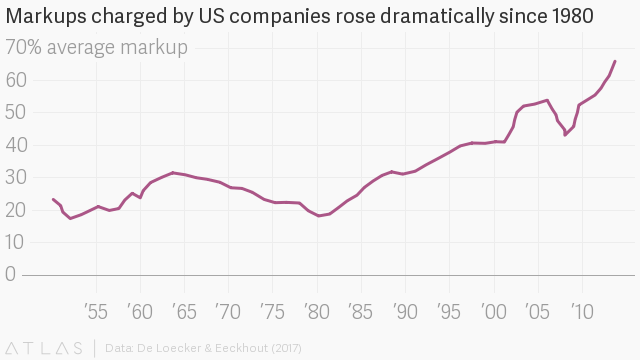Source: The Premium Mediocre Life of Maya Millennial
Premium mediocre is the finest bottle of wine at Olive Garden. Premium mediocre is cupcakes and froyo. Premium mediocre is “truffle” oil on anything (no actual truffles are harmed in the making of “truffle” oil), and extra-leg-room seats in Economy. Premium mediocre is cruise ships, artisan pizza, Game of Thrones, and The Bellagio.
Premium mediocre is food that Instagrams better than it tastes. …
all the coffee at Starbucks is premium mediocre.
…
premium mediocrity is creating an aura of exclusivity without actually excluding anyone.
At some level, civilization itself is at a transitional premium mediocre state somewhere between industrial modernity in a shitty end-of-life phase, and digital post-scarcity in a shitty early-beta phase.
The essence of premium mediocrity is being optimistically prepared for success by at least being in the right place at the right time, at least for a little while, even if you have no idea how to make anything happen during your window of opportunity.
Today, you’re either above the API or below the API. You either tell robots what to do, or are told by robots what to do. To crash through the API, and into what I previously termed the Jeffersonian middle class, is to go from being predator to prey in the locust economy.
